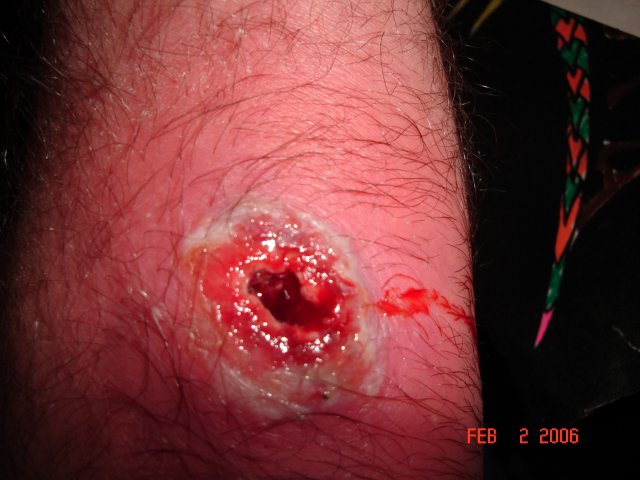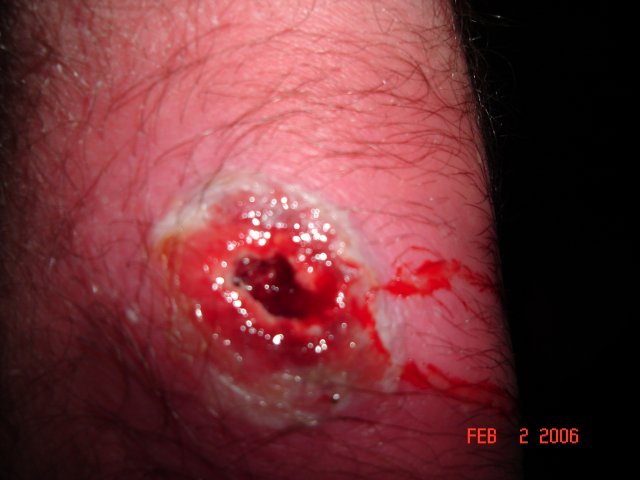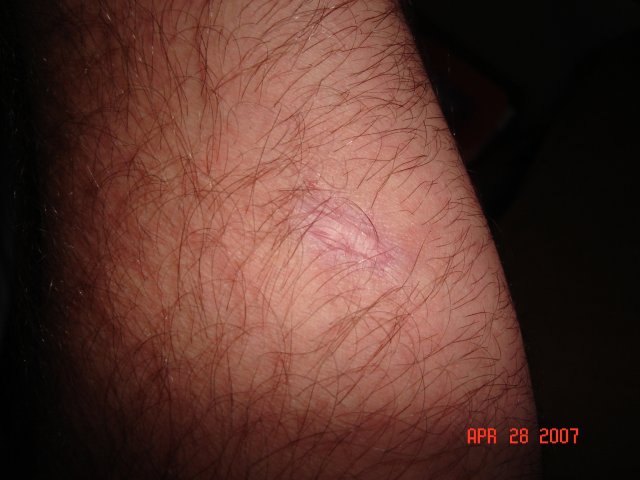pH of 8.1 is not what I would call an ideal conditions for your fish and such draftic fluctuation from 8.1 to around 7 on daily basis (perhaps more?) is not a practice which will provide optimal/ideal conditions.
Wondering why pH is so high? Perhaps due to Mineralized Top Soil and/or tap.
Looking at your numbers, GH is bit high (hard water) but not detrimental for your fishes as I have kept tetras/corys in similar hardness but I would not call it optimal/ideal for either..
Dont know what kind of timer but timer is not what I would depend CO2 injection on as Injection should be determined by constantly changing water condition.
If it was my tank, what I would try to do is to stablize tanks pH around 7.4 (and of course GH will change if done properly) or below (better) without use of CO2.
Upon stablizing pH and/or providing ideal conditions for your fishes, and when all things are settled and no further losses/sickness, Only then I would consider CO2 injection in manner which will not fluctuate pH as much as it does now.
Since no q/t is desired by you and tank where all this couldve been caused by unideal conditions and drastic fluctuations, I dont see a point in medicating which in turn may cause more problems.
Hope this helped a bit and Good Luck!
Wondering why pH is so high? Perhaps due to Mineralized Top Soil and/or tap.
Looking at your numbers, GH is bit high (hard water) but not detrimental for your fishes as I have kept tetras/corys in similar hardness but I would not call it optimal/ideal for either..
Dont know what kind of timer but timer is not what I would depend CO2 injection on as Injection should be determined by constantly changing water condition.
If it was my tank, what I would try to do is to stablize tanks pH around 7.4 (and of course GH will change if done properly) or below (better) without use of CO2.
Upon stablizing pH and/or providing ideal conditions for your fishes, and when all things are settled and no further losses/sickness, Only then I would consider CO2 injection in manner which will not fluctuate pH as much as it does now.
Since no q/t is desired by you and tank where all this couldve been caused by unideal conditions and drastic fluctuations, I dont see a point in medicating which in turn may cause more problems.
Hope this helped a bit and Good Luck!








